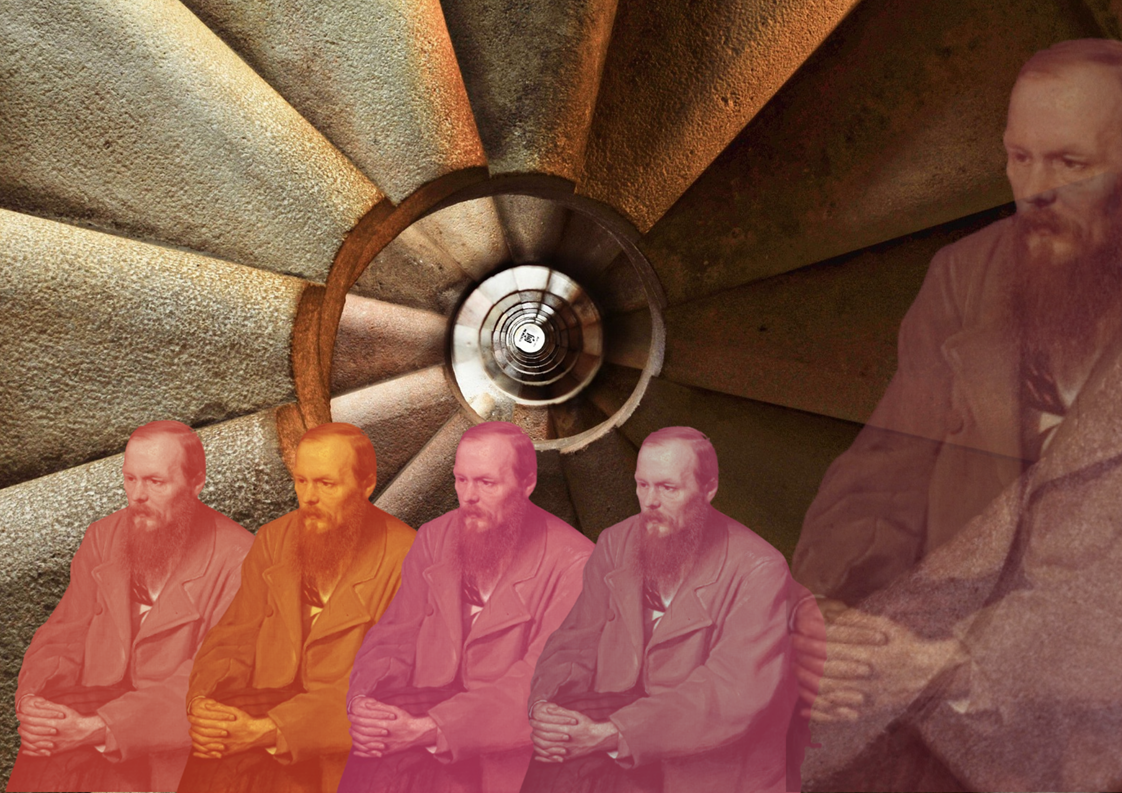How Austen’s Meddling Heroine Prefigured the Algorithmic Age of Image Curation
Let’s be honest: if Emma Woodhouse were alive today, she’d have a verified Instagram account, a pastel-hued feed full of garden parties and “candid” brunch selfies, and a bio that read something like: “Matchmaker | Aesthetic Consultant | Lover of Romance & Rationality”.
Yes, I’m talking about that Emma, Emma Woodhouse, the irrepressible heroine of Jane Austen’s 1815 novel, who describes herself as “handsome, clever, and rich,” and spends most of her time matchmaking, meddling, and misreading the emotions of just about everyone around her. But rereading Emma recently (between doomscrolls and reels), I realized something unsettling: Emma isn’t just a charmingly misguided Regency busybody, she’s basically the prototype of a modern influencer.
And not just any influencer, mind you. Emma is the queen of image curation. She’s the original algorithm.
Emma’s Feed is Flawless, But Filtered
Think about it: Emma doesn’t just observe her world—she edits it. She filters reality through a soft-focus lens of how things ought to be. Harriet Smith isn’t just a sweet, slightly naïve girl; in Emma’s mind, she’s the perfect blank canvas for a romantic glow-up. Cue the orchestrated meet-cutes, the not-so-subtle DMs (delivered in person, of course), and the elaborate fantasy that Mr. Elton a clergyman with more ego than depth is the ideal match.
Much like an Instagrammer who tags a brand before getting the sponsorship, Emma’s interventions come with a strategic aesthetic. She’s not matchmaking for love she’s curating a vision. She’s posting Harriet and Elton into the ideal narrative. #CoupleGoals, anyone?
The Social Feedback Loop of Highbury
What struck me most this time around is how much Highbury, the small English village where the novel takes place, functions like a social network. Everyone knows everyone. News travels faster than you can say “refresh.” Gossip operates like a comment section only with worse privacy settings.
Emma thrives in this environment. Every compliment validates her sense of control. Every successful social connection is a “like.” The more her predictions seem to come true (at first, anyway), the more confident she becomes. Like any of us after a well-performing post, she doubles down on her strategy.
And then, of course, the algorithm breaks.
When Matchmaking Becomes Mismatching
Emma’s approach to matchmaking is eerily similar to how dating apps and social media platforms pair people based on shallow metrics. She calculates compatibility based on class, charm, and perceived vibes. Harriet is “too good” for a farmer like Mr. Martin, and Elton is “just right” because… well, he seems the part.
Spoiler: she’s completely wrong.
Emma’s missteps expose the flaw in her system: people are not puzzles to be solved or feeds to be managed. Real connection can’t be engineered like a personal brand. It’s a mess of feeling, contradiction, and humility.
Performance Anxiety and the Persona of Emma Woodhouse
The more I thought about it, the more Emma reminded me of those influencers whose lives look perfect until they post a Notes app apology. Emma is always performing. She’s constantly aware of how others see her, and how she wants them to see themselves. She crafts narratives, not just for others but for herself. She’s always “on,” managing a persona that she believes is generous, wise, and infallible.
And just like a follower base that turns when the illusion cracks, Emma’s world begins to unravel when people start asserting their own truths. Harriet refuses to stay in her box. Mr. Elton is revealed to be a narcissistic disaster. And Emma herself is finally confronted by the one person who doesn’t play along.
Enter Mr. Knightley: The Algorithm Breaker
Ah, Mr. Knightley. The original voice of reason in an era of echo chambers. If Emma is the curated feed, Knightley is the unfiltered comment. He calls her out, not cruelly, but consistently. He’s not impressed by her orchestrations. He values authenticity over appearances, substance over stories.
In a way, Knightley represents what we wish the internet had more of: a thoughtful presence that challenges us when we’re wrong and loves us more for growing out of it.
Emma Logs Off
By the end of the novel, Emma does what few influencers manage, she logs off. She steps back from the performance, admits she was wrong, and begins to see people as they really are, not just how they might look with the right filter. It’s not a complete deletion of the app, but it’s definitely a refresh of the feed.
So next time you’re scrolling through someone’s picture perfect life or trying to engineer a perfect story from afar, take a moment to remember Emma. The original influencer learned the hard way that life isn’t an aesthetic project—and neither is love.
Sometimes the most powerful thing you can do is stop curating and start listening.



